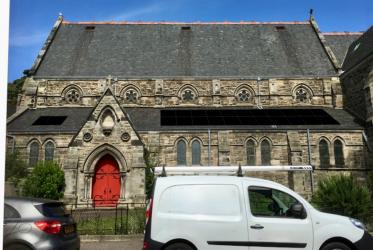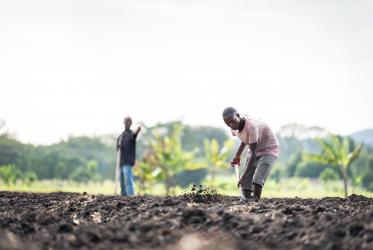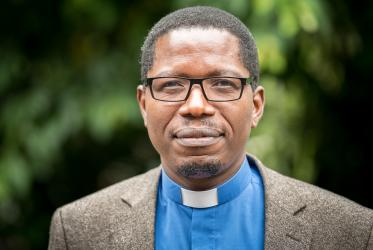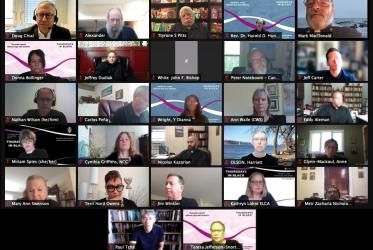Displaying 101 - 120 of 334
Protecting Ethiopia’s church forests
27 October 2021
Climate crisis fuels existing water injustice
27 October 2021
South Sudanese Churches shelter populations displaced by floods
23 September 2021
Scottish and UK religious leaders call for urgent climate action
20 September 2021
Churches offer some relief in Kenya’s drought disaster
16 September 2021


















